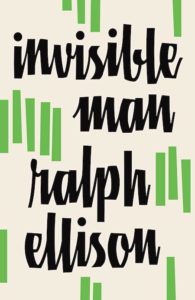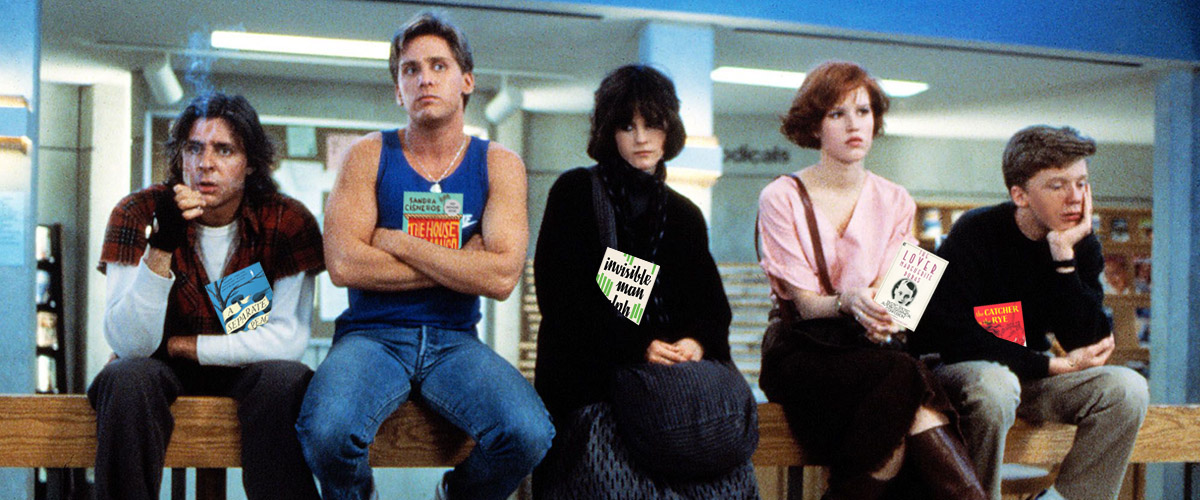
The 50 Greatest Coming-of-Age Novels
Summer's Almost Over . . . Just Like Your Childhood (Sorry)
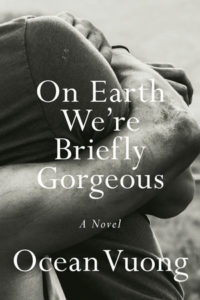 Ocean Vuong, On Earth We’re Briefly Gorgeous
Ocean Vuong, On Earth We’re Briefly Gorgeous
An admittedly recent addition to the coming-of-age canon, but a great one: a poetic letter from a son to his mother, telling the story of his childhood and his eventual relationship with a boy called Trevor, “the boy from whom I learned there was something even more brutal and total than work—want.” And I love what Justin Torres said about the book in the New York Times Book Review:
Nowadays the word “sentimental” is impossible to detach from its pejorative sense, but the original, philosophical sense of the word refers to thought that is either colored by, or proceeds from, feeling. In today’s culture we’re often offered the choice between the ironic shrug of nihilism and positivity-obsessed pop psychology, which suggests that changing one’s thought patterns can control and produce desirable feelings. Vuong rejects that binary, and the book is brilliant in the way it pays attention not to what our thoughts make us feel, but to what our feelings make us think. To what kinds of truth does feeling lead?
To all kinds of truth, if this book is any indication.
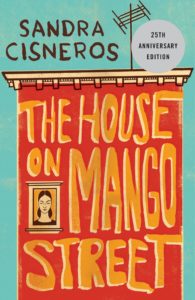 Sandra Cisneros, The House on Mango Street
Sandra Cisneros, The House on Mango Street
To be fair, Cisneros’s classic coming of age story is borderline young adult, but this slim story of Esperanza and her aching desire to transcend (her life, her neighborhood, and her house) is so universally beloved that I really couldn’t help but include it.
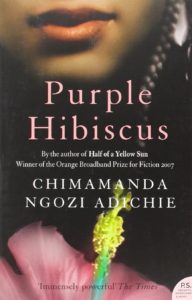 Chimamanda Ngozi Adichie, Purple Hibiscus
Chimamanda Ngozi Adichie, Purple Hibiscus
Adichie is more famous for Americanah, but her debut—in which a teenage girl struggles for self-actualization under the violent, hyper-religious shadow of her father—is also well worth your time.
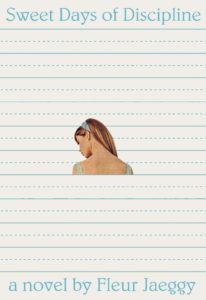 Fleur Jaeggy, tr. Tim Parks, Sweet Days of Discipline
Fleur Jaeggy, tr. Tim Parks, Sweet Days of Discipline
God, do I love bad girls in boarding schools, especially when one is obsessed and the other is remote, and the whole thing is told in ice-cold, brilliant and beautiful prose.
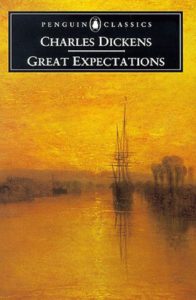 Charles Dickens, Great Expectations
Charles Dickens, Great Expectations
In which young orphan Pip becomes a blacksmith, and then a gentleman. See also: David Copperfield, notable for all that character-building walking.
 Julia Alvarez, How the García Girls Lost Their Accents
Julia Alvarez, How the García Girls Lost Their Accents
A coming of age story told in reverse, beginning with the four sisters as adults in their adopted United States, touching on their experiences as new immigrants, and detailing their difficult childhood in the Dominican Republic. It is, more than anything, a novel about where—and who—you come from.
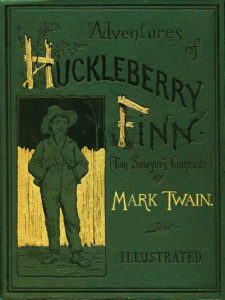 Mark Twain, Adventures of Huckleberry Finn
Mark Twain, Adventures of Huckleberry Finn
Ah, man vs. society. (Not to mention literature vs. censorship.)
Ellison’s masterpiece is a lot of things, and one of them is a classic bildungsroman, in which our narrator is informed repeatedly who and what he is, and who and what he should be—by those who “see only my surroundings, themselves, or figments of their imagination”—and ultimately decides to retreat entirely from those who would define and erase him, into a literal hole in the ground. Relatable.
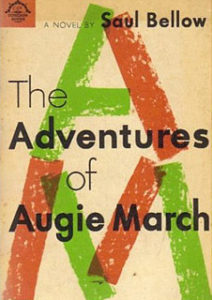 Saul Bellow, The Adventures of Augie March
Saul Bellow, The Adventures of Augie March
Bellow’s mostly plotless picaresque is a triumph of aimless self-exploration; it won the 1954 National Book Award for fiction and is frequently counted as one of those Best American Novels. We do love to wander around and fail at things and then get slightly better at wandering around, don’t we?
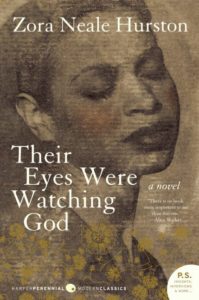 Zora Neale Hurston, Their Eyes Were Watching God
Zora Neale Hurston, Their Eyes Were Watching God
In Hurston’s beloved novel, Janie looks back at her development from a powerless teenage girl into a strong, self-actualized woman—ready to do what she has to do to get what she wants, and to defend herself no matter the circumstances.
Emily Temple
Emily Temple is the managing editor at Lit Hub. Her first novel, The Lightness, was published by William Morrow/HarperCollins in June 2020. You can buy it here.









